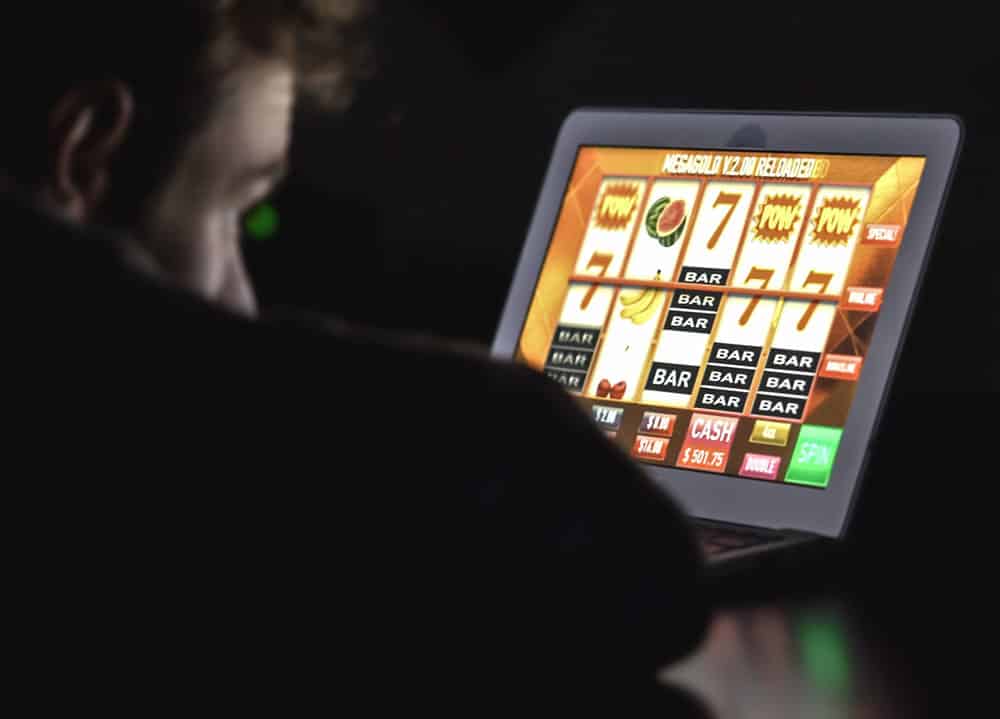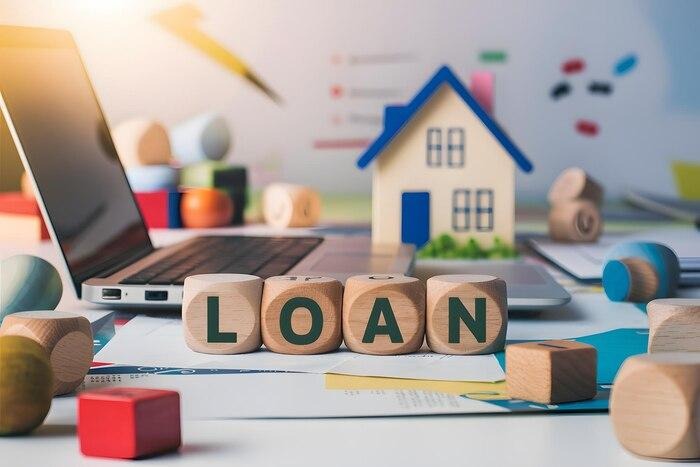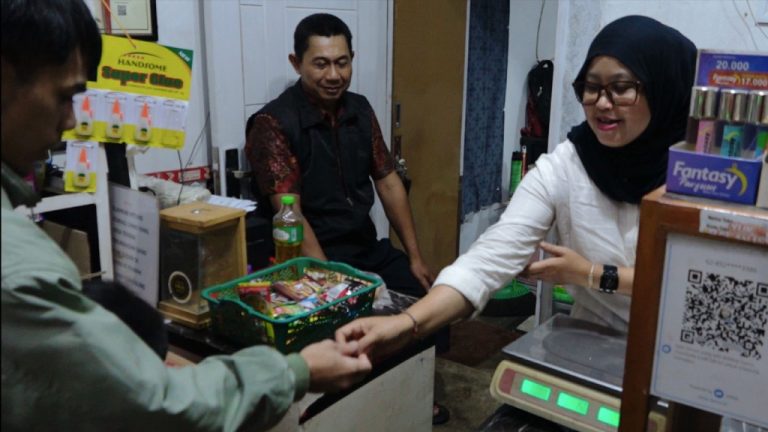The Addiction Warning Signs Quiz: 7 Questions Every Gambler Should Answer
Gambling addiction doesn’t hit you like a truck. It’s more like a slow leak that you don’t notice until your tire’s completely flat.
I’ve watched friends go from casual players to people who couldn’t stop. The scary part? They couldn’t see it happening. By the time they realized they had a problem, they’d already lost way more than money.
These seven questions are based on real addiction criteria that professionals use. Answer honestly. If several hit home, it’s time to get help.
Responsible operators like casino Classic NZ provide self-assessment tools and responsible gambling resources to help players monitor their own behavior and maintain healthy gambling habits.
Question 1: Do you gamble when you’re upset?
This is the big one. When gambling becomes your go-to fix for bad days, stress, or depression, you’re in dangerous territory.
Healthy gambling happens when you’re in a good mood and can afford to lose. Problem gambling happens when you’re trying to escape how you feel.
Red flags: Gambling when anxious, using bets to feel better, or gambling more during tough times.
Question 2: Do you lie about your gambling?
If you’re hiding sessions, minimizing losses, or making up stories about missing money, you already know something’s wrong.
I’ve heard every lie: “I only lost $50” (when it was $300), “I’m actually ahead this month” (when they’re down $2,000), or “I was at work” (when they were at the casino).
Lying to others starts with lying to yourself.
Question 3: Do you chase losses with bigger bets?
The urge to “win back” what you lost with larger bets is addiction 101. This never works—it just creates bigger holes.
Another warning sign is desperately searching for gambling “systems” or strategies like lucky 88 slot tricks when you’re behind, believing that the right approach will help you recover losses quickly.
Warning signs: Increasing bet sizes after losses, using bill money to gamble, or staying longer than planned to break even.
Question 4: Have you borrowed money to gamble?
When gambling money comes from rent, credit cards, friends, or selling stuff, you’ve crossed a major line.
This escalates fast. I’ve seen people go from borrowing $100 to maxing out credit cards in months.
Question 5: Do you feel anxious when you can’t gamble?
If not being able to gamble makes you restless, irritable, or obsessive, your brain has become dependent on the gambling high.
This feels like withdrawal because that’s essentially what it is.
Question 6: Have you tried to stop but couldn’t?
Multiple failed attempts to cut back or quit is one of the clearest addiction signs. When willpower isn’t enough anymore, you need professional help.
Warning signs: Breaking your own limits repeatedly, promising to stop but continuing, or returning to gambling after “quitting.”
Question 7: Has gambling hurt your relationships or responsibilities?
When gambling starts costing you more than money—relationships, work, family—it’s moved way beyond entertainment.
Signs include: Arguments about gambling, missing work to gamble, or neglecting family responsibilities.
What Your Answers Mean
0-1 Yes: You’re probably fine. Keep monitoring yourself.
2-3 Yes: Early warning signs. Set stricter limits and watch your behavior.
4-5 Yes: You likely have a gambling problem. Time to get help.
6-7 Yes: You need professional help immediately.
Getting Help
If this quiz revealed problems, gambling addiction is treatable. You’re not alone and you’re not weak.
Resources:
- National Problem Gambling Helpline: 1-800-522-4700
- Gamblers Anonymous (online and in-person meetings)
- Licensed addiction counselors
- Self-exclusion programs
My Take
Gambling addiction creeps up slowly, but it’s treatable with the right help. These questions aren’t meant to scare you—they’re meant to catch problems before they destroy your life.
If you answered “yes” to several questions, please reach out for support. Your wellbeing matters more than any bet.







